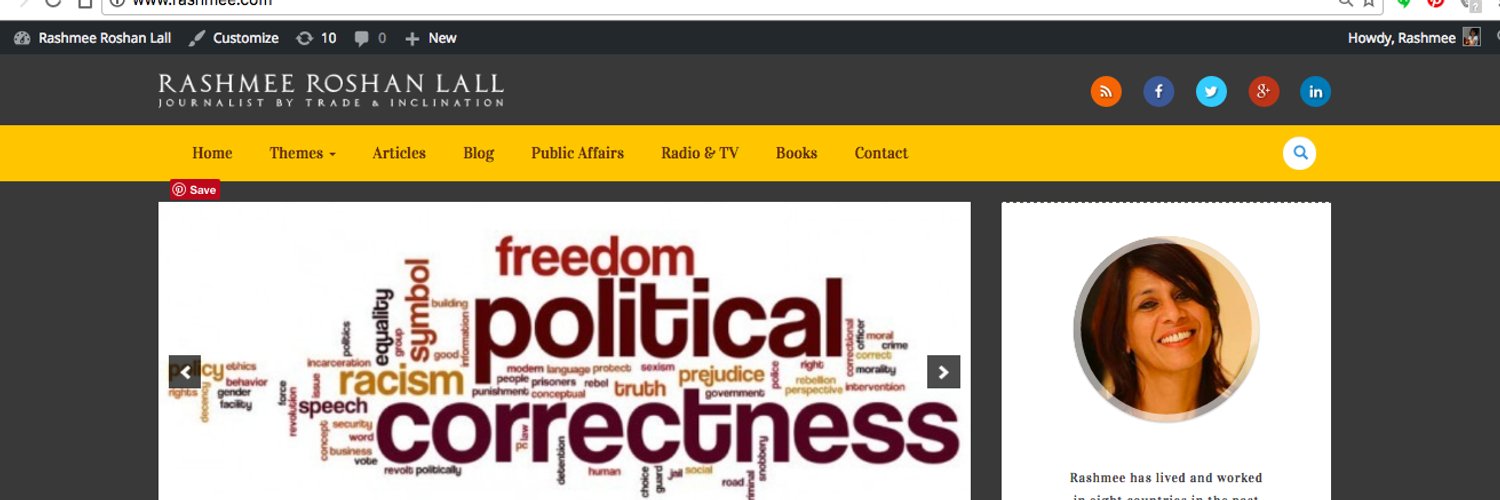The blog-oconomy and joining the dots: 11 years in a turning world

Dear Reader,
I join the dots so you don’t have to and I’ve been doing it every single day since 2012.
So what I have learnt in 11 years of blogging? Hundreds and hundreds of things I wouldn’t otherwise know about how things are connected and what’s the context within which they happen.
An early blog was about the sausage factory factor in news production because I had just been to the Shock of the News exhibition at The National Gallery in Washington, D.C. in 2012. The situation, arguably, remains much the same, 11 years on.
Back in 2012, I recounted my own personal America-and-guns story, which had me arriving at the local Walmart, near our now-sold holiday home in Garrett County, Maryland, and finding that I could buy a gun but not a bottle of wine! For that, I had to go to a liquor store. My blog noted: “While I admire the inclination to temperance and the authorities’ commitment to the public good, I could not help but wonder what America would be if this balance were reversed”. In the years since, unfortunately, there’s been more heat than light around the US gun control story. (See here, here, here, here, here and here for some blogs on guns and America in the past decade.)
In December 2012, I learnt that there was a new journal called ‘Celebrity Studies’ and it had its first conference in Melbourne. In the years since, it’s become a recognised academic field, having taken Pippa Middleton’s posterior as a legitimate subject of study.
I looked at “off-the-grid” lifestyles increasingly being adopted by people in the southeastern United States and realised it’s always a complex business to try and live a simple life.
Blogging, as The Economist once declared, is just another word for having conversations.
I looked at change-readiness in many of the eight countries in which I’ve lived and worked and among the hundreds and hundreds of things I learnt over the years of blogging was the dizzying highs and lows of public perception. In January 2013, I noted that Aung San Suu Kyi’s suggested eight musical tracks on the BBC Radio programme ‘Desert Island Discs’, seemed to indicate an extraordinary level of self-effacement. She had picked just one of the tracks for herself; everything else was for someone else or picked by someone else. At the time, Ms Suu Kyi was riding high in the world’s estimation. Exactly a decade on, she could hardly have sunk lower.
Also in January 2013, I started to learn more about the unique problems enshrined by American foreign policymaking. Having just returned from a year in Afghanistan, it was obvious that US foreign policy was woefully short-sighted. It was focussed on immediate, short-term objectives and disinclined to stop and think about the ABC of its actions: Aftermath, Blowback, Consequences. The specific issue that set me thinking like this in 2013 was Mali. It was feeling the effects of US-led or supported foreign policymaking. After Muammar Gaddafi was overthrown by Western-backed groups to no particular good effect, hundreds of heavily armed Tuareg mercenaries, who had fought to defend the late Libyan leader, returned to Mali. They joined hands with local secessionists and an Islamist group Ansar Dine and formed the most powerful Tuareg-led rebel group the region had known.
A blog might brighten your day, clarify something unseen in our turning world, cut through the clatter of churnalism or provide a bespoke picture of how the dots join up. If nothing else, you’ll have a smorgasbord of conversation starters for every occasion.
As for Libya, more than a decade on from the so-called ‘ Arab Spring’, it remains one of the most intractable conflicts leftover from those heady years. Not only has Libya descended into chaos, it has become a haven for Islamist militants and armed groups that survive on looting and human trafficking. (Click here, here, here, here and here for some of what I’ve written on Libya and Sahel-related matters in the past decade.)
All of the above are scant reflections on how much the world has changed — or stayed the same — in the 11 years since I started joining the dots.
Today, there are at least 600 million blogs out in the world, according to SEO toolset Ahrefs, quoting Web Tribunal ‘s estimate. Mine is on that list.
Why do I do it?
Blogging, as The Economist once declared, is just another word for having conversations. I want to tell you something that struck me and hear what you think of it. Perhaps, it’s about the limits of artificial intelligence. Or, about the psychology of hope among Ukrainians, and how similar their optimism and improvisational genius seems to jugaad, the word for winging it back in India, the country of my birth.
Do you need to know this?
Yes. It might brighten your day, clarify something unseen in our turning world, cut through the clatter of churnalism or provide a bespoke picture of how the dots join up. If nothing else, you’ll have a smorgasbord of conversation starters for every occasion.
I end with a photograph that I hope is as inspirational as it is sweet. Our little Saaya had a slipped disc, was operated on and recovered, almost fully. You can see the scar running down her long back. She keeps going – wagging her tail and taking joy in her umwelt, her perceptual universe, as per the semiotic theories of biologist Jakob von Uexküll.
Come with me, as we do the same by joining the dots.

Saaya keeps going, just like this blog

